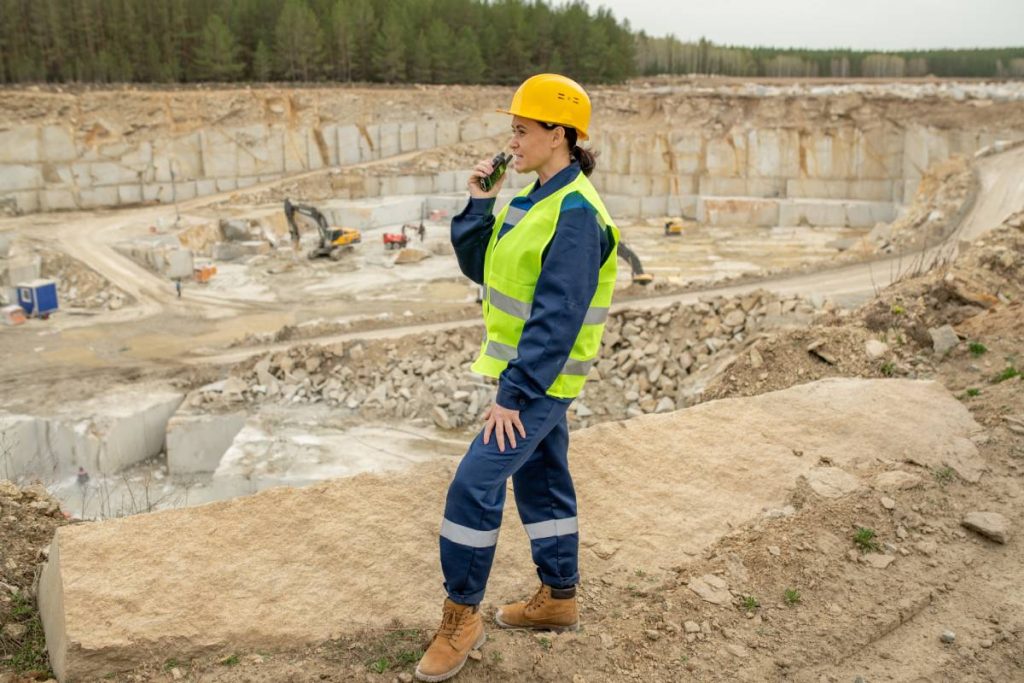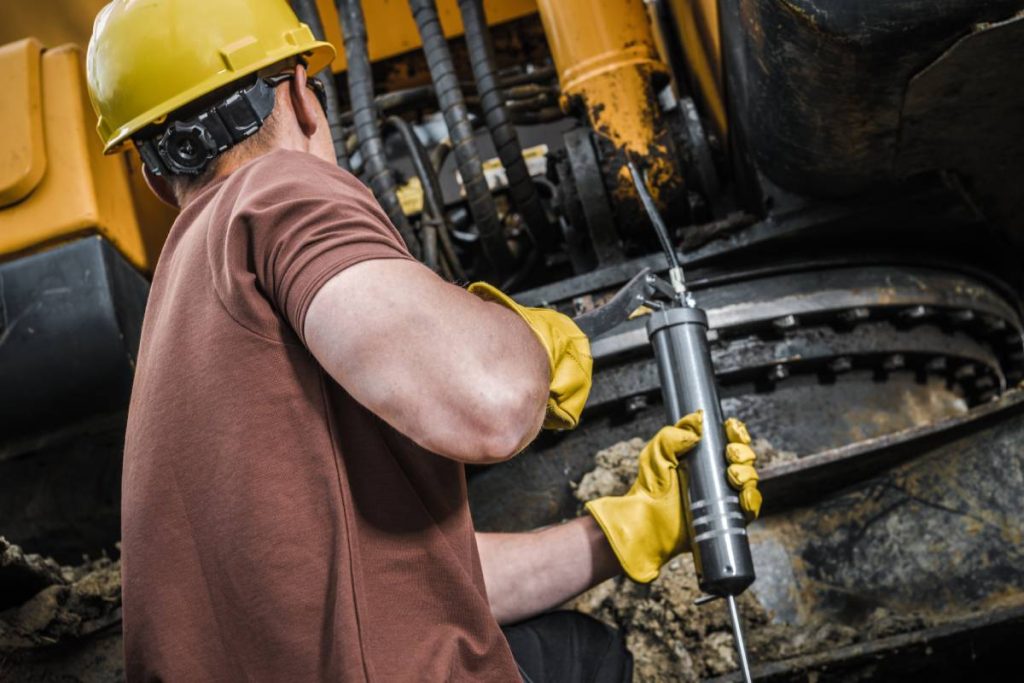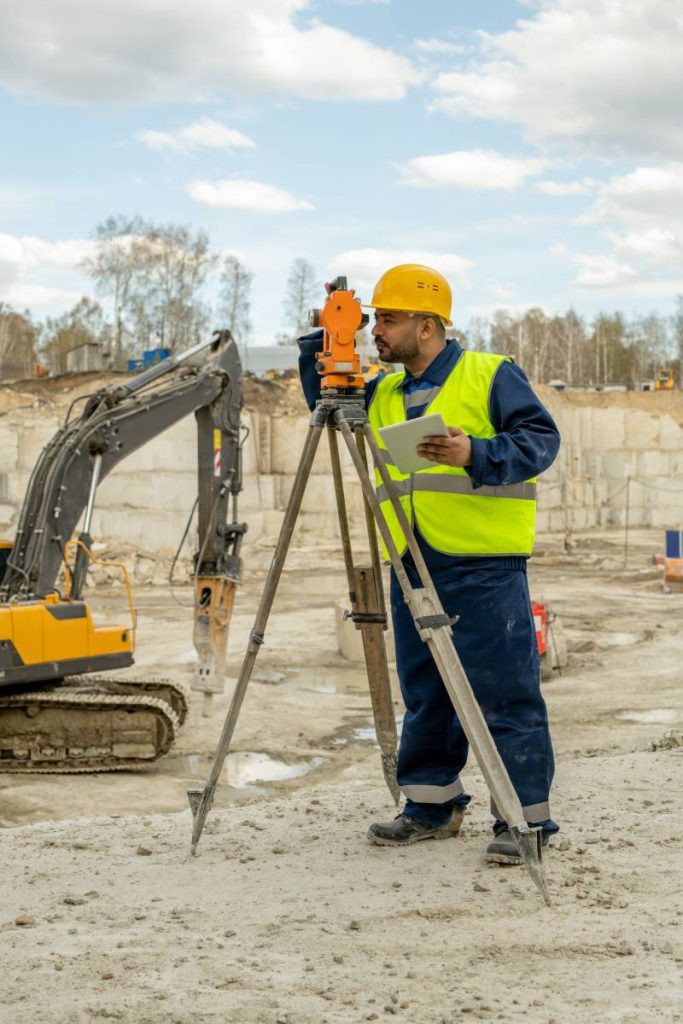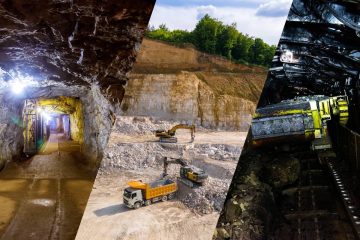What jobs are available in the mining industry and how much do they pay? How do I get a job in the mines in Australia?
Australia’s mining sector is a key industry, which can provide rewarding job opportunities for workers with solid backgrounds across multiple fields of expertise. Mining in Australia stems from the country’s substantive mineral riches and the intensive demand for resources internationally, thus making mining jobs relatively competitive salary-wise as well as diversified in terms of career prospects.
In this guide, we will delve into the different types of jobs, their corresponding salaries and steps on how to secure employment in this dynamic industry.
Related article:
What jobs are available in the mining industry and how much do they pay?
The mining industry comprises many occupations that are all integral to the mining of natural resources, from the extraction phase to processing and administration. The Australian government has provided concise information regarding labour market insights in the mining sector. Among the most sought-after roles are:
Mining Engineer
-
- Responsibilities: Mining engineers unquestionably have a central role in the process of designing, planning, and optimization of mining operations. They play a vital role in enhancing the safety and efficiency of mining procedures whilst also introducing the latest technologies for the purpose of increasing productivity.
- Salary Range: It is possible for mining engineers in Australia to get anywhere from AU$ 80,000 to AU$ 200,000 per annum depending on their experience, qualifications, and location.

Geologist
-
- Responsibilities: Geologists are tasked with analysing geological data, conducting surveys, and identifying mineral deposits. Using their knowledge and intelligence as a compass, they lead the way to the discovery of new resources and make recommendations on the management activities for mining organisations.
- Salary Range: Geologists earn salaries between AU$ 60,000 and AU$ 150,000 per annum. They are likely to earn more if they have more experience and if the demand of the industry is high.
Dump Truck Operator
-
- Responsibilities: Dump truck operator is a title given to a person, who is in charge of the transportation of materials around the mine, using industrial machinery. The accuracy and speed with which they operate are essential in terms of maintaining routines and in the transportation of extracted commodities.
- Salary Range: Dump truck operators can earn salaries between AU$ 70,000 and AU$ 120,000 per annum, with location, company size, and level of experience being the determining factors.
Driller
-
- Responsibilities: Drillers supervise drilling machines that take out coal, mineral, oil or natural gas that is located in underground reserves. Their knowledge of drilling procedures, equipment operation, and maintenance is vital to the success of resource extraction operations.
- Salary Range: The earnings of a drilling professional generally range between AU$ 80,000 and AU$ 150,000 per annum with the opportunity for a higher earning based on the specific skills and experience.
Electrician
-
- Responsibilities: Electricians are the ones who employ specialised techniques to keep and mend electrical panel units, systems and equipment on mine sites. There are various types of electricians but for the mining electricians, they are the experts of safety for the electrical infrastructure within mining operations.
- Salary Range: The electricians in the mining industry can take home incomes from AU$ 70000-AU$ 120000 per year based on the competency, experience and difficulty of the role.
Mechanical Fitter
-
- Responsibilities: Mechanical fitters generally do the work related to the installation, maintenance, and repair of the machinery and equipment used in mining operations. These skill sets are key to keeping everything running smoothly – from the maintenance of large machines to powerful infrastructure systems.
- Salary Range: Mechanical fitters generally pocket salaries between AU$ 70,000 and AU$ 120,000 per annum depending on the level of experience and specialist know-how.
These salary estimations are subject to change, depending on the applicant’s experience, location and specific industry demands.

Further opportunities: aftermarket parts providers
The companies manufacturing aftermarket parts for the equipment in the mining industry function as the facilitators in ensuring the operation is at full capacity and maximised efficiency. These companies offer various job opportunities, including:
Parts Sales Representative
-
- Responsibilities: They deal with managing client relationships, promoting aftermarket parts, and facilitating sales transactions with mine operators.
- Salary Range: AU$ 60,000 – AU$ 120,000 per annum.
Parts Technician
-
- Responsibilities: Inventory management, parts identification, and logistics coordination of new and spare parts for automobiles.
- Salary Range: AU$ 50,000 – AU$ 90,000 per annum.
Field Service Technician
-
- Responsibilities: Responsible for performing repairs, maintenance, and troubleshooting of mining equipment at the mining site.
- Salary Range: AU$ 70,000 – AU$ 130,000 per annum.
The jobs provide competitive salaries as well as opportunities to move up the aftermarket parts career ladder in the mining industry. For instance, Mammoth Equipment & Exhaust is one of the widely known reputable suppliers of aftermarket parts that are used in the heavy-duty machines utilised in mining operations. They offer a range of job openings for knowledgeable people such as sales, technical support specialists or customer service. Learn more about their services on the Mammoth Equipment website.
How do I get a job in the mines in Australia?
So how do you get a job in mines? Seeking employment in the mining sphere in Australia demands a well-planned approach and professional qualifications. Here’s how you can enhance your prospects:

- Obtain the Right Qualifications:
-
- Enroll in majors or take certificate courses in mining engineering, geology or other trade-related courses for technical roles.
- Stay current with the industry standards and recent advancements by availing continuous education and training programs.
- Gain Practical Experience:
-
- Apply for internships, apprenticeships or any other position in the mining sector so that you can have practical experience in your field of study
- If you would like to volunteer, find a fieldwork or research project related to geology, engineering, or natural resource management.
- Network Within the Industry:
-
- Take part in mining conferences, seminar gatherings, and networking events to develop relationships and a network of experts and industry stakeholders.
- Build contacts with recruiters and professionals in the mining sector through the use of online platforms such as LinkedIn.
- Research Mining Companies:
-
- Pinpoint major mining companies in Australia that are listed and gauge their careers industry by checking their websites and job posting sites.
- Customise your applications to address directly the particular needs and values of different businesses, including examples of relevant qualifications and experience.
- Consider FIFO Work Arrangements:
-
- Consider FIFO (Fly-In-Fly-Out) work arrangements as they are the usual practice in the mining industry, particularly for remote site mines such as Tanami or Gruyere.
- Familiarise yourself with the lifestyle and logistical aspects of FIFO work such as accommodation, travel, roster schedules, etc.
Conclusion
Australian mining businesses remain a promising place to find a well-paid job in the area of resource extraction and management. Within the sector, there are competitive salaries, a diversity of job roles, and access to career development and innovations that attract new talents from all over the world. By getting the right qualifications, practical work experience, networking well, and matching their qualification with industry demands, current and prospective mining professionals in Australia can develop a worthy and successful career in Australia’s dynamic mining industry.













